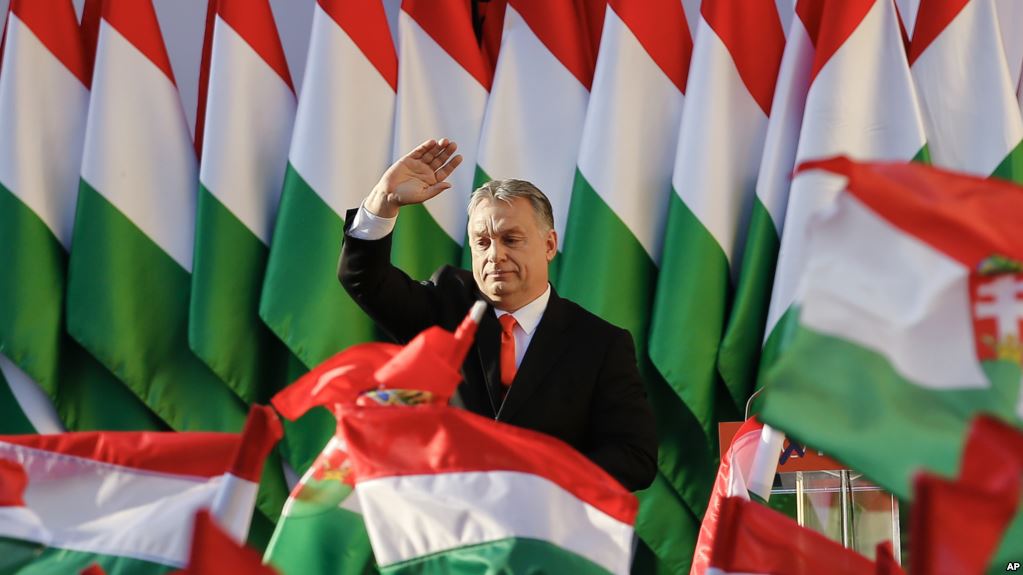This autumn, Centre for philosophy, ethics and religion organises another series of debates with elite academics and intellectuals on important topics within public sphere.
The next debate is on:
Central Europe and national identity in the Facebook age
Date and venue: November 27, 5pm, Nová scéna Národního divadla, Národní 1, Prague
Guests:
Michael Ignatieff (filosopher and currect president of Central European University in Budapest)
Radek Sikorski (former polish minister of foreign affair, current senior fellow at Harvard university)
Rob Riemen (Dutch philosopher and the founder and president of Nexus Institute)
Moderator:Jiří Přibáň (professor of philosophy of law, Cardiff university)
The debate will be in English.
FREE ENTRANCE
In 2018 central Europe and Czech Republic commemorate several anniversaries (1848, 1918, 1938, 1948, 1968 …). The commemorated events have a direct relation to the rise and problems of nation states as well as to the unstable geopolitical situation of central Europe. The main theme of the debate among our distinguished guests will be the role of central Europe – if anything like it exists at all – in the contemporary Europe and its prospects.
Our main questions which we want to open, and debate will be:
* Is there anything like central Europe? If yes, what are its distinctive features? If no, why is the term so firmly rooted in language and thought of so many people?
* What is the current position of central Europe in contemporary Europe and European Union. Do you see any tendencies to use the central European card with European politics?
* How would you like to envision the situation of the central European region within twenty years from now? How do you think the central European region will develop for next twenty years? If there is a difference between your answers upon the first and second question, what factors are responsible the difference?


